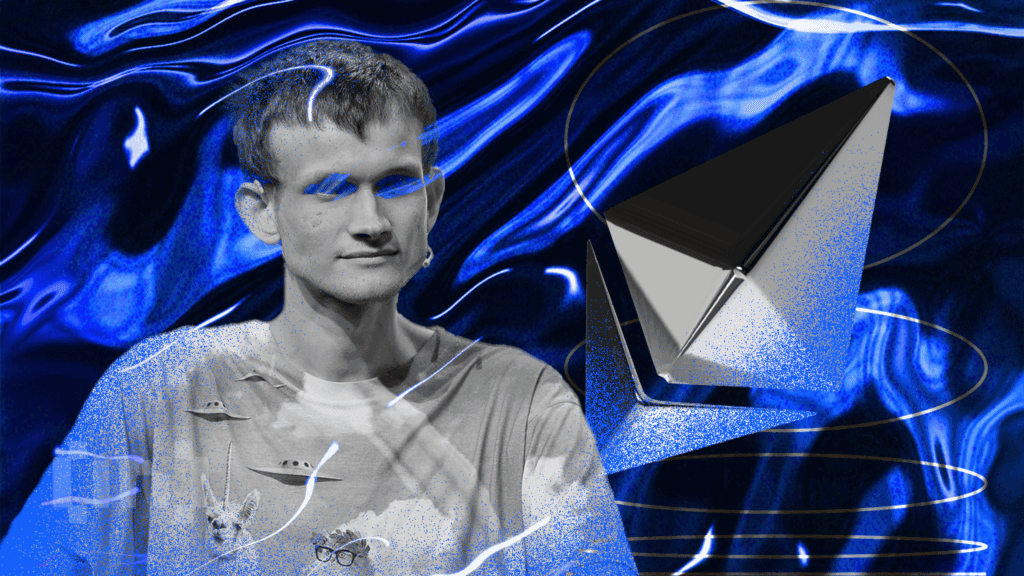Vitalik Buterin, co-founder of Ethereum, is urging the network’s communities to strengthen neutrality protections. He warns that relying heavily on several block builders could put blockchain at risk of censorship.
In a post on X’s August 22nd, Buterin outlined three steps to limit concentrated pressure. He proposed to enhance public memory to prevent transaction bottlenecks, develop distributed block construction systems, and prevent the creation of fallback channels for transaction inclusion.
Vitalik Buterin claims to be focused
He argued that these would ensure that a small group of validators would not be able to exert a refusal to which transactions would turn it on-chain.
The heart of the co-founders’ vision of Ethereum is a proposal called the Fork-Choice Enforced Inclusion List.
“The easiest way to understand the focus is to choose 17 suggestions per slot, instead of choosing one suggestion per slot. Of those 17, 17 have the special privilege of moving ‘last’ and choosing a transaction order,” says Buterin.
According to Buterin, the main proposers still decide to order transactions, while the other 16 act as auxiliary suggesters whose selected transactions must be displayed in the block.
Unlike the main proponents, these sub-participants do not carry heavy computational workloads of complete block production. This light responsibility makes their role easier to adopt on a broader validator base.
The co-founders of Ethereum suggested that the design could be extended to smart contract wallets and privacy protocols, helping to reduce reliance on centralized intermediaries.
“The goal is to ensure that block builder oligogoly does not have a veto power involving transactions,” he concluded.
Legal discussion of focus
Butalin’s proposal was in response to prominent Ethereum developer Ameen Soleimani.
Soleimani highlighted the example of tornado cash. With this cash, nearly 90% of validators avoided processing of previously associated transactions. This exclusion caused the settlement to be delayed by about 15 seconds to more than 2 minutes, but still managed to clear the transaction in the end.
He argued that this compromise allowed our operators to ensure the ultimate inclusion by others while avoiding potential legal liability.
According to Soleimani, Focil changes its dynamic changes by forcing the validator to include flagged transactions.
He argued that this could expose participants to prosecution. He warned that US regulators may target validators, attetters, or developers who design systems that enforce such inclusion.
“If I were a US government, I would actually be 100% in favor of the focus. This means that Esterivater is forced to sin itself by verifying blocks with authorized address TXN.
Ethereum developers also warn that it is unlikely that the court will recognize the distinction between a proposer and an auxiliary, leaving all parties vulnerable to enforcement.
Beyond legal liability, Soleimani also questioned the long-term sustainability of the focus.
He said the design now relies on validators who work from “altruism” to handle controversial transactions. However, no clear incentives or safeguards will be provided to balance risks. Soleimani argued that without these mechanisms the proposal could prove in practice unrealistic.
Post Vitalik Buterin is making new proposals to enhance Ethereum neutrality.


